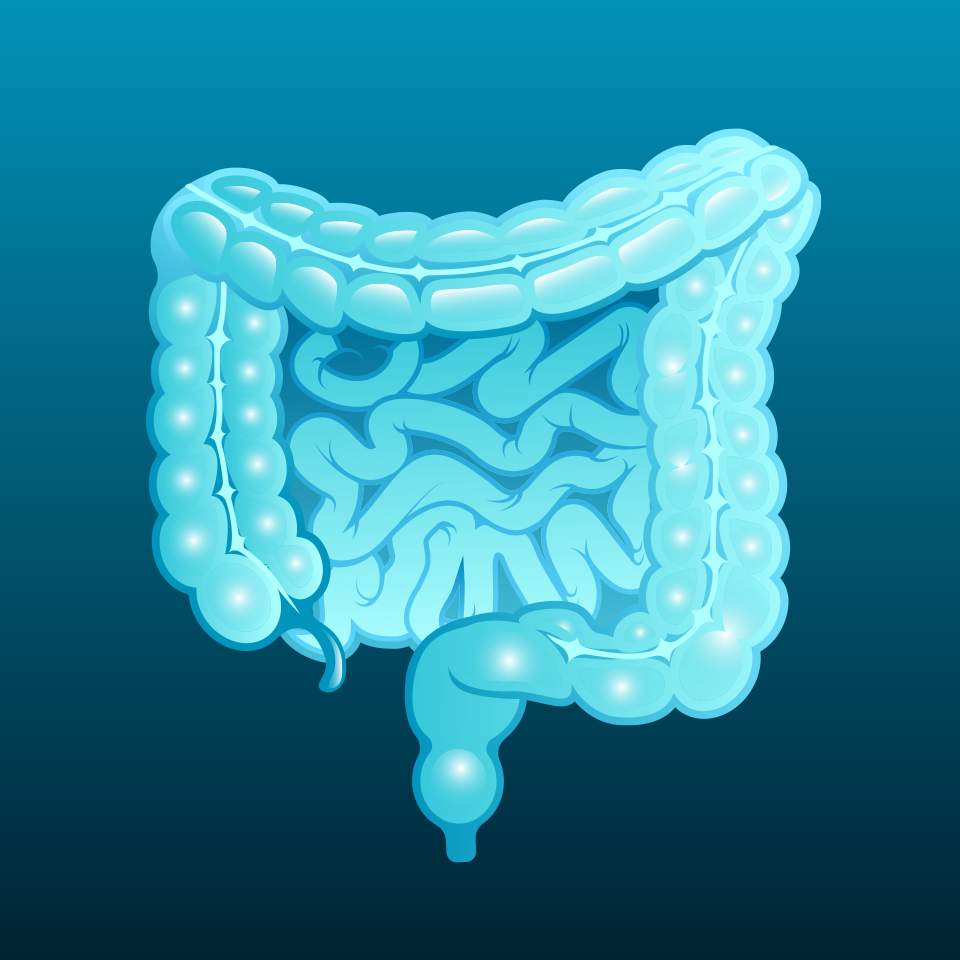How Nobelist Piezo2 Affects the Gut?

When we eat, our intestines somehow perceive its presence, shifting it through our digestive system, but the question has always been: How? Researchers from Flinders University have discovered that a touch-sensitive protein called Piezo2, the focal point of the 2021 Nobel Prize, is not only in our fingers, but also in our intestines.
The study, published in gastroenterology, identified Piezo2 in the cells that make up the human digestive system. It was also discovered that with age, piezo2 levels in the intestine decrease, and if the protein is removed only from intestinal serotonin cells, intestinal motility in mice slows down, causing constipation.
The researchers say the new discovery is a significant advance in our understanding of gut physiology and opens up new goals for the treatment of digestive problems.
Study Details: Jones LA, et al. Diminished Piezo2-Dependent Tactile Sensitivity Occurs in Aging Human Gut and Slows Gastrointestinal Transit in Mice. Gastroenterology, 2022. http://doi.org/10.1053/j.gastro.2022.01.043
